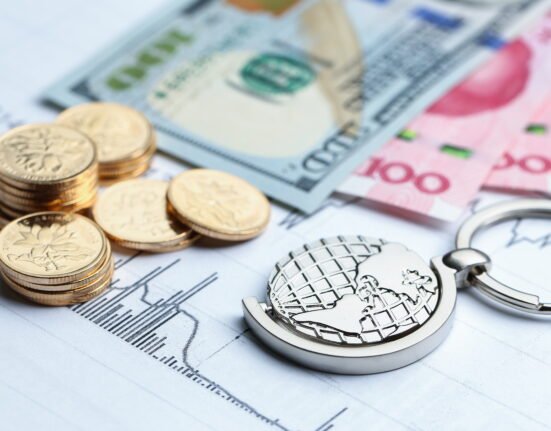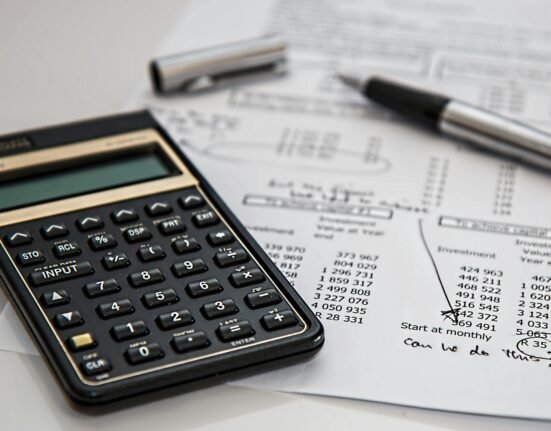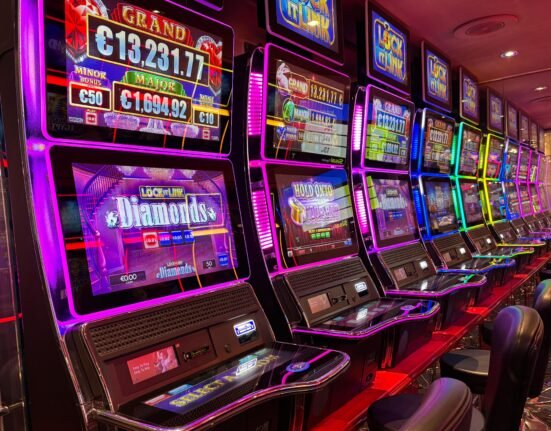Macau’s Judiciary Police have detained two men from mainland China for allegedly engaging in unauthorized currency exchange operations intended to facilitate gambling activities. The incident occurred in the Cotai area, a well-known casino hub, and is part of ongoing enforcement efforts to combat unlicensed financial activities tied to the gaming sector.
Suspicious Exchange Uncovered During Routine Patrol
The two suspects, identified only as Lam, aged 48 and unemployed, and Yeung, aged 33 and employed in the scrap recycling industry, were reportedly caught during a targeted police patrol. Officers observed the pair conducting a suspicious interaction with a casino patron outside a gaming facility.
According to Macao Daily reports, the transaction involved exchanging RMB19,000 (approximately US$2,620) for HK$20,000 (approximately US$2,500). The gambler receiving the Hong Kong dollars then used the cash to purchase gaming chips and enter the casino floor.
Authorities swiftly intervened after witnessing the exchange. Upon questioning, the two suspects admitted to repeatedly conducting similar transactions since mid-March, claiming they had earned a combined illicit profit of HK$13,000, which they had split evenly.
Unlicensed Currency Exchange for Gambling: A Criminal Offense
In Macau, unauthorized money changing, especially when connected to gambling, is a criminal offense. Authorities have been intensifying their surveillance of illegal exchange operators, who often exploit the high-volume financial activity surrounding casinos to turn quick profits.
During the operation, police seized HK$86,000 in cash from Lam and also confiscated HK$15,000 in gaming chips from the involved gambler. The seizure underscores the scale at which these unregulated currency exchanges can operate—even when conducted by individuals with modest backgrounds.
Case Escalated to Prosecutors as Crackdown Continues
The matter has now been formally referred to the Public Prosecutions Office for further legal proceedings. Both suspects face criminal charges, and if convicted, could receive penalties under Macau’s laws governing financial crimes and gaming regulations.
Macau’s law enforcement authorities have stated their commitment to continued monitoring of illegal money exchange activities, particularly in entertainment and casino districts like Cotai. These zones are often hotspots for both legal and illicit financial transactions due to the constant flow of cash from local and international gamblers.
Broader Implications for Casino-Linked Financial Practices
This arrest highlights ongoing concerns over the shadow economy linked to Macau’s gaming industry, particularly as tighter regulations and increased scrutiny have reduced official channels for cash flow. With mainland China enforcing stringent capital controls, informal and unauthorized exchanges have become more common among gamblers seeking to circumvent banking limitations.
Authorities are urging the public to report suspicious financial behavior and reminding visitors and residents alike that only licensed entities are permitted to perform currency exchange services in Macau.
As casino operations in the region stabilize post-pandemic, compliance with financial regulations is expected to remain a focal point of regulatory oversight.























